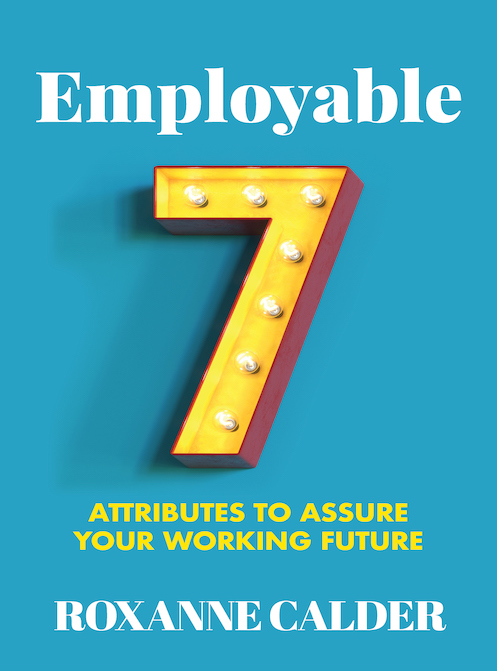We have recently witnessed a swift upskilling in using technology for remote working. Five years ago, would you ever have imagined holding meetings via Zoom, or having telephone or video appointments with your doctor? Occasionally, maybe – particularly if you are travelling overseas – but not as the new normal.
There are jobs now that we’d never heard of a decade ago. According to the World Economic Forum, 65 per cent of primary school children will end up working in new job types that aren’t even on your radar yet.
Seven jobs that no longer exist
1. Human alarm clock
2. Lamplighter
3. Milkman
4. Night-cart man
5. Punch-card operator
6. Rat catcher
7. Switchboard operator
Seven jobs that are unlikely to exist in ten years
1. Cashier
2. Data entry operator
3. Legal secretary
4. Receptionist
5. Social media manager
6. Telemarketer
7. Travel agent
Seven jobs that didn’t exist ten years ago
1. Blogger or vlogger
2. Cloud specialist
3. Drone pilot
4. Influencer
5. Listening officer
6. Social media analyst
7. Sustainability manager
Being employable is also about being ‘on course’ – aiming to be on par with or, ideally, a step ahead of your peers.
Without a skerrick of doubt, companies will be looking at totally different skill sets in the future. This will mean you need to act today and be ready for the change ahead of time. These actions don’t have to be big – incremental shifts are all that is required. Mentally accepting this concept is your first step.
The only real certainty is that uncertainty is the new normal. As I write this book, we are coming out from under the shroud of COVID‑19 and many economists, the press and politicians are saying this might be one of the toughest economic climates Australia has faced. Our world has changed in ways we could never have foreseen. We have not seen an employment market like this before. We’re navigating an entirely different working arena, one where technology is key to survive and thrive and for the first time ever, we have five generations all working together.
Through my work in recruitment, I saw firsthand the devastation COVID‑19 has wrought. Between March and June 2020, my company fielded daily calls from the unemployed – people desperate and helpless after losing their jobs and fearful of losing their livelihoods.
Being confronted with this brought home the reality of how fragile our world is and how much we rely and depend upon our jobs – whether we realise, acknowledge or like it. This is why I have written this book – to help you find new ways, new skills and new attitudes to ensure your employability, no matter what situation you find yourself in.
The COVID‑19 pandemic is not the only framework for you to test your employability. Any instability, be it economic, social or simply disruptive, will spark the talent competition and benefit
those who decided to invest in their own development, learning and growth. The moment in time when this is done is crucial. Early adapters always win.
The world rate of change has been accelerating rapidly for decades now, and if you feel anxious about that, you are not alone. According to research by global leadership company Accenture, 64 per cent of the global workforce is experiencing high anxiety over their personal job security.
Technology advancements will occur – there is nothing more certain. Even if you are young now and technology is second nature to you, don’t assume you will always be across what is new. Make sure you do not feel too comfortable; challenge your agility and make sure you’re regularly across new developments.
You always need to be employable – no matter where you are at, and no matter where the economy is at.














